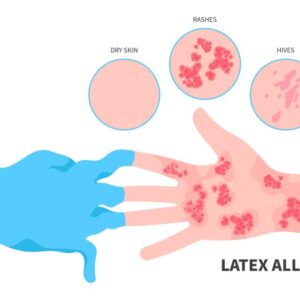How Do I Know If My Shortness of Breath Is from Anxiety?

Determining whether your shortness of breath is from anxiety or from another cause may seem tricky. While anxiety may cause shortness of breath, so can other conditions, and some of the other symptoms which often accompany anxiety (e.g., dizziness, chest tightness, nausea) may also accompany these other conditions. Furthermore, while anxiety may cause shortness of breath, shortness of breath can cause or worsen anxiety.
How to Determine?
To determine whether your shortness of breath is caused by anxiety, ask yourself the following questions:
- Does my shortness of breath always accompany or follow feelings of anxiety or panic?
- Do my episodes of shortness of breath last only a short time and resolve after my episodes of anxiety or panic resolve?
- Do I have a known history of other conditions which could be causing shortness of breath, such as heart disease or lung disease, or risk factors for these diseases, such as smoking?
- Are there indications that I may have a respiratory infection, such as fevers, chills, a sore throat, a cough, or exposure to someone who was ill?
- Do I have signs or symptoms which indicate that I may have a physical condition which is causing shortness of breath, such as fatigue, swollen legs, a chronic cough, coughing up blood, or wheezing?

If you answered yes to the first two questions, your shortness of breath is probably caused by anxiety. If you answered yes to the last three questions, your shortness of breath may be caused by a physical condition, and you should consult a physician. If in doubt, consult a physician.
Read more about this article: Link

This article has been written by Umedoc staff and fully reviewed and liked by Jim Liu, MD.
#medical #telehealth #umedoc





